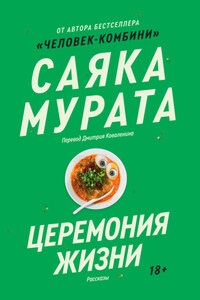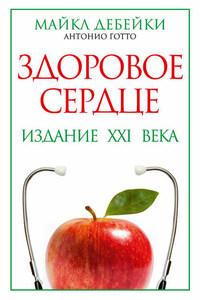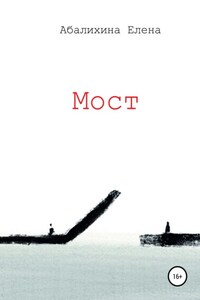This edition first published in 2016
First published in Great Britain in 2003 by Fourth Estate A Division of HarperCollinsPublishers 1 London Bridge Street London SE1 9GF www.harpercollins.co.uk
Copyright © Dexter Petley 2003
The right of Dexter Petley to be identified as the author of this work has been asserted by him in accordance with the Copyright, Designs and Patents Act 1988.
A catalogue record for this book is available from the British Library.
All rights reserved under International and Pan-American Copyright Conventions. By payment of the required fees, you have been granted the nonexclusive, nontransferable right to access and read the text of this e-book on-screen. No part of this text may be reproduced, transmitted, downloaded, decompiled, reverse engineered, or stored in or introduced into any information storage and retrieval system, in any form or by any means, whether electronic or mechanical, now known or hereinafter invented, without the express written permission of HarperCollins e-books.
HarperCollinsPublishers has made every reasonable effort to ensure that any picture content and written content in this ebook has been included or removed in accordance with the contractual and technological constraints in operation at the time of publication.
Source ISBN: 9780007135103
Ebook Edition © OCTOBER 2012 ISBN 9780007392667 Version: 2016-08-10
We were in a supermarket in Flers that Saturday afternoon last January. Joy was choosing things you wouldn’t buy if you were planning to leave your husband, unless she was stocking up for the unexpected, the bare cupboard I didn’t know was coming. But there was something wrong, she was low-speed, and anything I said echoed and died out like a weighted sack of words dropped into a winter pond.
I saw her clutch a bag of flour like she couldn’t let it go, her bottom lip pegged in her teeth. Did I catch her in the act of planning or had she just made the decision, and was wondering if she really wanted to leave me with a bag of flour I wouldn’t need? I must’ve tipped the balance, if there was still a balance, when I said: what d’you want that for?
If she stood here now I wouldn’t say: when did you decide to leave me, which item in the trolley was the last moment of our marriage? She’d picked a tin of chickpeas instead of dry ones, holding her breath like she was weighing up the future.
—We can’t afford these bloody tins, I said, snatching it off her and clunking it back on the shelf, jumping back in time and trying to change events. She’d run out of last straws right then.
We drove home through mist like a stocking over your head, down lanes invisible under tractor mud. The Land Rover cab was cold and streaming, the glaze channels on the door-tops completely rusted away, the windows held in place with splints of oak lathe from our ceiling. I said: what are you so fucking miserable about? Shouted it really, because we had to shout to hear ourselves above the roar of the diesel engine.
—I need some time to myself, she’d shouted back. I have to go away, to be alone.
I spent the rest of the weekend in a dumb panic. She’d ask me to wait outside while she made phone calls, and once there I began to map out my future alone. I occupied myself with the twenty-year-old hay-bales, dragging them out the barns and up the back garden, cutting the hemp string, the bales springing open like accordions into cakes. I mulched the vegetable beds, one square hay cake at a time, but they were too compact so I pulled them all apart and scattered them loose and thick. Then Joy banged on the window and I stood there as she handed me a cup of tea. She made small talk and offered me a home-made biscuit like she was the widow of the place, old Madame Macé, and I was the silent, respectful gardener.
—I’ll only be gone a week, she said, coming outside and standing on the well cover. The dark green box hedge behind her, the sound of a man we’d never seen calling his dog.
—You’re not coming back, I said, I know you’re not coming back.
—I’m your friend, she said, but the hug was all jacket and mittens, her body already gone. I don’t have anything to give you right now …
I didn’t dare ask what she meant. I didn’t even ask who she’d phoned or where she was going. I stretched every minute till it snapped and blanked out the whole of the coming week. She said she’d booked a ticket on the Eurostar shuttle, and she asked me if I’d drive her to the station Monday morning, like she was a guest who wanted to get the train to Paris.
This was the first time she’d left anyone, perhaps the first time she’d ever lied, so she hadn’t known that all deserters say: I just need time to think, it’s not you, I’m your friend, don’t worry








